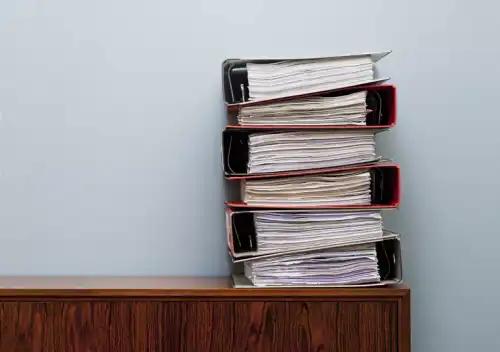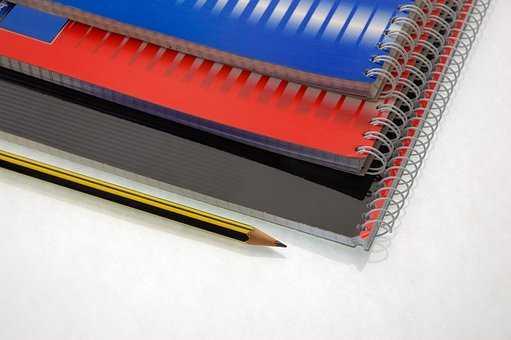How to Organize Research Notes
Curated from: thoughtco.com
Ideas, facts & insights covering these topics:
3 ideas
·1.52K reads
16
1
Explore the World's Best Ideas
Join today and uncover 100+ curated journeys from 50+ topics. Unlock access to our mobile app with extensive features.
Organize Your Research
Use your bedroom floor to make piles of all the papers, dividing them into different segments or chapters.
Some of them will overlap into multiple segments and that can also be taken care of. After the segmentation, kindly assign a number to each paper.
131
744 reads
Code And Sort
Create a topic of your research assignment along with the subtopics labeled as A, B, C, D etc. Each topic can now be a different pile, separated with the help of sticky notes.
Now sort all your papers according to the piles, and when they are complete, start to label each piece of research with a letter and a number. So Your papers would be labeled like A1, A2, B1, B3 and so on.
115
358 reads
Piles of Notes
Place your piles into separate folders labeled like the subtopics, stapling the sticky notes on the outside of it’s matching folder.
Now you can start writing your paper as you have chronological, topic-wise segregation of all your notes. While writing the paper, do check if the notes are appropriate or can also fit somewhere else. Notes can later be replaced by citations.
114
425 reads
IDEAS CURATED BY
Watch your habits, they become character and watch your character, it becomes your destiny.
Daniel S.'s ideas are part of this journey:
Learn more about productivity with this collection
How to prioritize self-care in the workplace
How to adapt to new work arrangements
How to maintain work-life balance
Related collections
Similar ideas
8 ideas
5 ideas
How To Take Study Notes: 5 Effective Note Taking Methods
oxfordlearning.com
6 ideas
How to Consistently Come Up with Great Ideas
lifehack.org
Read & Learn
20x Faster
without
deepstash
with
deepstash
with
deepstash
Personalized microlearning
—
100+ Learning Journeys
—
Access to 200,000+ ideas
—
Access to the mobile app
—
Unlimited idea saving
—
—
Unlimited history
—
—
Unlimited listening to ideas
—
—
Downloading & offline access
—
—
Supercharge your mind with one idea per day
Enter your email and spend 1 minute every day to learn something new.
I agree to receive email updates

